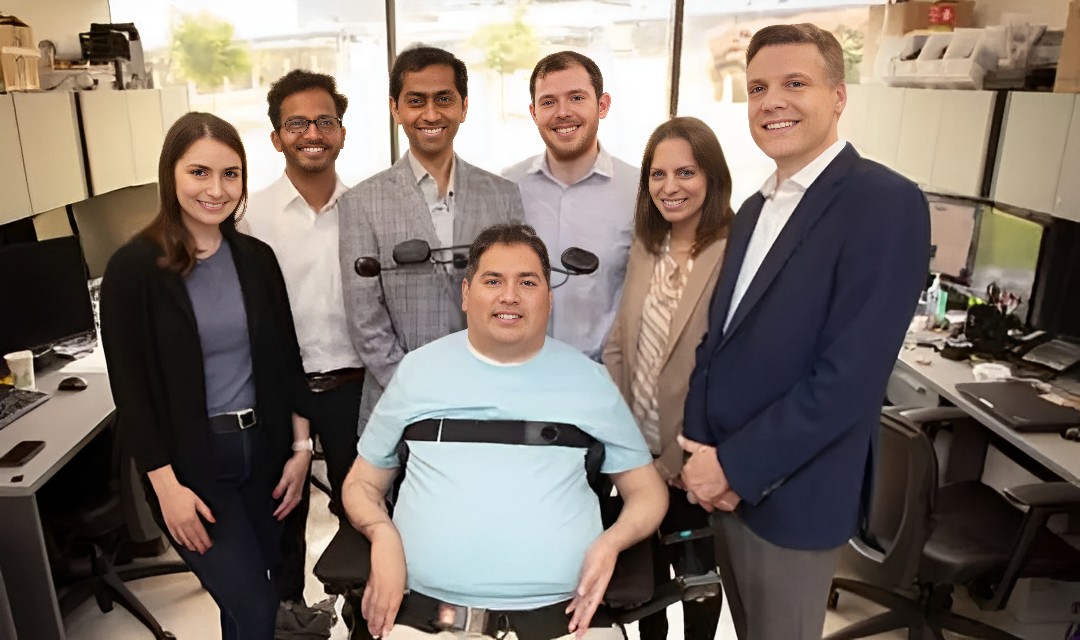In recent times, artificial intelligence (AI) has been making progress in various fields worldwide. While some people have concerns about the potential risks of AI, a recent case demonstrated how AI can be a game-changer for humanity. Thanks to AI and brain implants, a paralyzed man named Keith Thomas, aged 45, was able to regain his bodily senses after a diving accident in 2020 left him paralyzed below the neck.
After spending over six months in the hospital, Keith Thomas decided to participate in a groundbreaking clinical trial conducted by the Feinstein Institutes for Medical Research at Northwell Health. The team of US doctors, including professionals with roots in India, performed open-brain surgery at North Shore University Hospital in March.
During the surgery, microchips were implanted in specific areas of Thomas' brain responsible for movement and touch sensation. AI algorithms were then trained to re-establish the connection between Thomas' brain and his body's spinal cord. The process involved months of mapping through Magnetic Resonance Imaging (MRI) scans to pinpoint the coordinates responsible for arm movement and sensation in his hand.
The results of the procedure have been remarkable. Keith Thomas can now read, translate his thoughts into action, and interpret messages in a controlled environment. For the first time since the accident, he can initiate hand movements and feel the supportive touch of his sister. Moreover, his arm strength is improving, and he is gradually experiencing sensations in his forearm and wrist.
In a heartwarming statement, Keith Thomas expressed his overwhelming emotions about the progress he has made. He mentioned how there was a time when he wasn't sure if he would survive or if he even wanted to, but now, he can feel the touch of someone holding his hand, which has been truly life-changing.
This groundbreaking application of AI and brain implants offers hope to many paralyzed individuals, paving the way for potential advancements in medical science and improving the quality of life for those living with severe physical disabilities. As AI continues to progress, it has the potential to revolutionize various sectors and bring positive changes to the lives of people worldwide.

 The groundbreaking application of AI and brain implants offers hope to many paralyzed individuals, paving the way for potential advancements in medical science and improving the quality of life for those living with severe physical disabilities.
The groundbreaking application of AI and brain implants offers hope to many paralyzed individuals, paving the way for potential advancements in medical science and improving the quality of life for those living with severe physical disabilities.










.jpeg)













.jpg)
.jpeg)





